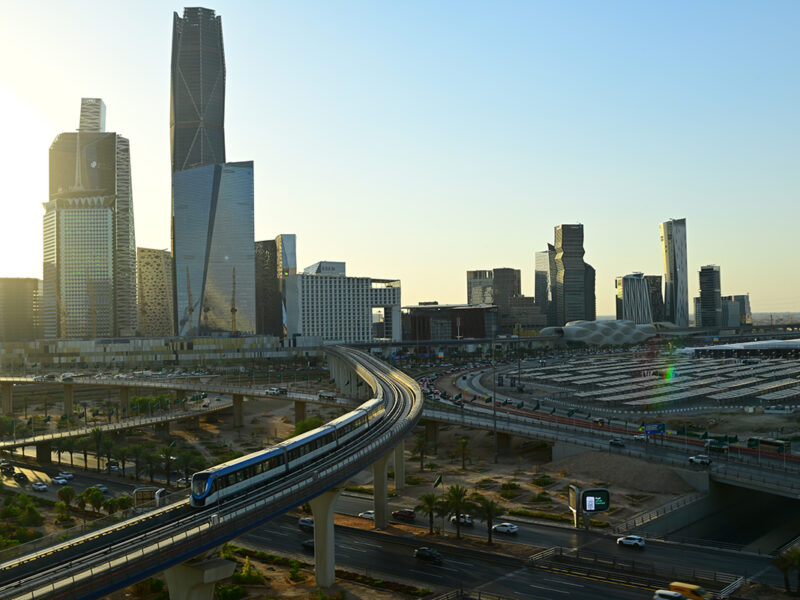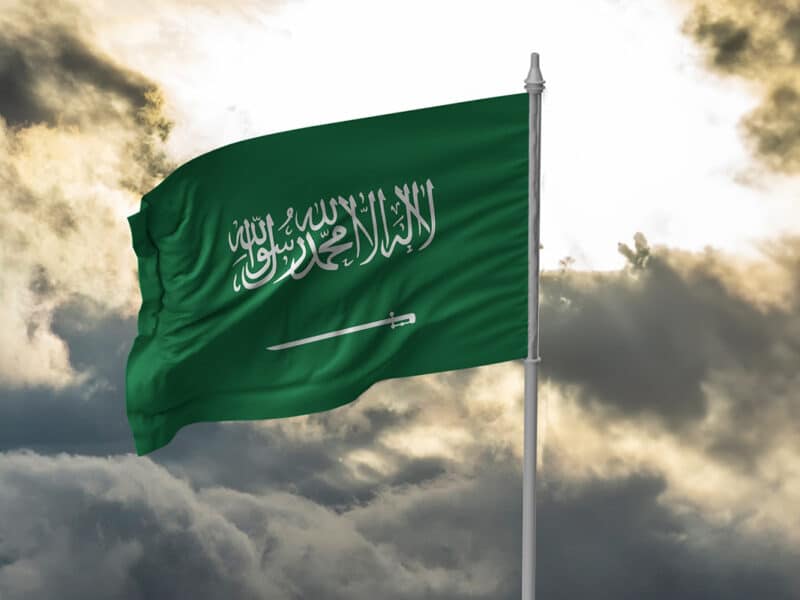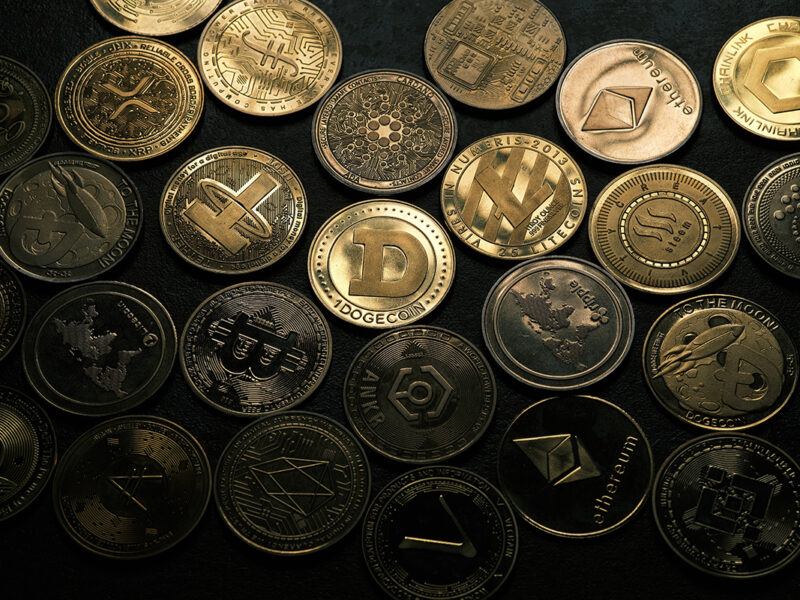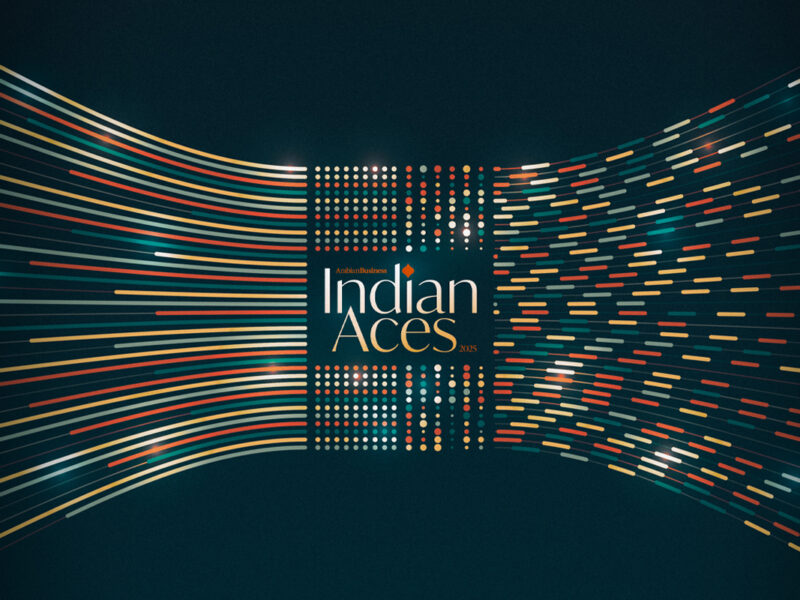In 1978, a small group of men stood on a dusty outcrop just to the south of Dubai in a meeting that would cement the emirate’s future as a trading hub. Front and centre in the group was Dubai’s ruler, Sheikh Rashid bin Saeed Al Maktoum, who was quickly convinced of the idea of building a manmade port to serve the emirate’s brand new aluminium smelter.
Dubai today is well-known as a glitzy tourist hub, the gateway to the Gulf and home to the planet’s tallest tower, but the city’s success has in many respects stemmed from that fateful decision 35 years ago.
Jebel Ali swiftly became the world’s largest manmade port, and the implementation of a free zone in the area has attracted thousands of companies to set up base in the city. Jebel Ali now plays host to a series of industries, including manufacturing, utilities and logistics. Elsewhere, the growth of Emirates Airline has supercharged Dubai’s retail, tourism and property markets.
It’s sometimes easy to forget that aluminium is where it all began, but this sector is thriving just as much as any of Dubai’s other industries. A discreet exit off Sheikh Zayed Road highway in Jebel Ali, away from the shopping malls and residential areas, leads to a city within a city.
Dubai Aluminium (Dubal) has its base in a large area buzzing with machinery and workers in protective gear and warehouses, separated from the rest of Dubai by power lines and a few kilometres of desert. Dubal’s headquarters is structured like a fort, with a security point at the entrance and special vehicles that are cleared for transportation within the area.
It is here that Dubal runs a business that has blossomed into one of the largest aluminium producers in the world.
Aluminium is a popular metal, second in use to steel, that is found in a vast range of products from cars and planes to soda cans and foil. While specific producers and merchants used to deal almost exclusively with the commodity, the entrance of investment banks into this market in recent years has brought changes to normal operations that has affected the entire industry.
Data from Bloomberg showed that for the past eight years, global supply has exceeded demand, contributing to falling global aluminium prices. Now, investment banks have a hand in managing and restraining supply of aluminium to the market. The banks have set up warehouses at the London Metal Exchange where aluminium is stored, which gives them control over supply, and as a result, prices as well.
Article continued on next page…
This makes nice returns for the banks, but it also means that the commodity has become pricier (and prices more volatile) for both producers and consumers.
As the $100bn industry grows, producers, consumers, banks, and regulators are now actively trying to give structure to the market for the commodity. Add to that the strain from the recession years and it’s clear that this hasn’t been an easy time for the aluminium industry globally.
Even some of the most successful companies in the industry, such as British-Australian giant Rio Tinto and American firm Alcoa, admitted to struggles openly this year. Alcoa reported a $119m net loss in the second quarter of 2013 and expressed concern over potential closures of some of its smelters. Meanwhile, Rio Tinto is entertaining plans of reducing local production as the costs of production continue to rise.
It is within this environment that Dubal has made decisions and structured its business in a way to not only stay afloat, but to perform relatively well.
Abdulnasser Kalban, Dubal’s general manager, Power & Desalination Maintenance, has his modest office in an unmarked building in Dubal’s busy headquarters, with wide windows where he can look out over the company that he has helped to manage costs, ride out the recession, prepare for growth, and brace for change.
“The last three years were very tough with the recession, for us and for the commodity market in general,” he says. “Our biggest development this year is the announcement of a merger with Abu Dhabi counterpart, Emirates Aluminium Company, to form a new entity.”
In June 2013, Abu Dhabi and Dubai joined hands by merging Abu Dhabi-based Emirates Aluminium Company with Dubal to create Emirates Global Aluminium. This took place after the Mubadala Development Company in Abu Dhabi bought a 50 percent stake in Dubal. The $15bn joint venture, Emirates Global Aluminium, is intended to form a new industrial giant in the United Arab Emirates by integrating the businesses of Dubal and Emal, with plans for significant local growth and international expansion. While approvals are still pending, joint operations should begin in the first half of 2014.
From the start, there has been a close working relationship between Dubal and Emal, according to Kalban. This has included a single marketing and sales function, collaboration in the procurement of strategic raw materials, technology transfer, and operator training.
“Greater unification is the next, most natural step,” says Kalban.
Article continued on next page…
Dubal’s key markets will continue to focus on Asia, Europe, the Middle East and North Africa region, and the Americas. The company is also capturing new market segments, with measurable success in penetrating the South American market recently. In 2011 and 2012, approximately 33,000 tonnes of Dubal products were shipped to South America.
Dubal manufactures an array of high-quality, premium products in three main forms: foundry alloy for automotive applications, extrusion billet for construction, industrial and transportation purposes and billets for forging applications, and high-purity aluminium for the electronics and aerospace industries.
More than 88 percent of Dubal’s total production volume is exported each year, with Dubal products being shipped to about 300 customers in nearly 60 countries across five continents.
Much of Dubal’s raw materials come from Australia and Brazil. The company is also involved in bauxite mine and alumina refinery development projects in Brazil, Cameroon and Guinea.
The new Khalifa Port (KIZAD) will also play a key role in the import of raw materials and export of finished products in higher volumes for Emal, which will increase Emal’s total production capacity to 1.3 million by 2014 – around the time the merger should be formally complete.
“Two ports like Jebel Ali and Khalifa Port will give us flexibility with shipping lines and make it easier to import raw materials and export goods,” says Kalban. “Many of our customers will be opening new facilities in KIZAD as well, which will help us improve our deliverability for finished goods and metals.”
Kalban explains that during the recession, a lot of aluminium producers curtailed production due to high costs.
“Where other competitors can’t reduce costs, some of them forced themselves out of the market, which created room for us,” he says. “The important thing is to produce high quality metal for our customers and uphold our brand.”
Article continued on next page…
Cutting costs has been a key focus for Dubal. The company has had a stringent focus on cash generation, cash conservation, and cost reduction since 2008, an ethos which has contributed to Dubal’s sustained profitability and the company’s position in the first quartile of the cost curve for the global aluminium industry.
In 2009, Dubal entered into a $45m agreement with GE Energy to reduce the production costs of making aluminium and ensuring that the nineteen GE gas turbines that power the Dubal smelter complex are energy-efficient.
As Dubal has grown into one of the world’s most productive aluminium smelters, GE has helped Dubal to manage costs and maintain energy efficiency – which is no easy feat in the desert, particularly with regard to the necessary amounts of power and water that are needed to keep operations running smoothly.
In 1980, GE had installed nineteen gas turbines in Dubal’s complex, so when Dubal approached GE again in 2009, the company was prepared to make changes. GE replaced aging machines with new turbine technology and built a data monitoring system to maintain efficiency. The new GE system makes Dubal’s smelter 22 percent more efficient, reduces nitrogen oxide by almost one third, and saves $4m in annual fuel costs for Dubal. The upgrade actually paid for itself in three years.
“The aluminium sector is very challenging globally, and Dubal’s success is underlined by the visionary approach of its leaders to not only adopt the best-in-class technologies but also to invest in its professionals and on sustainable growth,” says Mohammed Mohaisen, CEO of Power Equipment and Services Sales of GE Power & Water, Middle East. “We are honored to have been a key partner of Dubal, supporting its objectives of maximising operational and cost efficiencies and conserving the environment.”
In fact, Dubal won top honours in last year’s Aluminium Summit in New York for the systems modernisation powered by GE technology. Since implementing the system, output has increased by 22.69 percent through upgrades of five GE 9B gas turbines. This boosted electricity capabilities by 75 million watts, which is enough to power more than 60,000 homes.
“Sustainable performance also depends on ensuring access to resources and maintaining a good image,” says Kalban. “This means ensuring safety for people and the environment, effective governance in the company, and acting in a socially responsible manner.”
Despite the cost cuts, the company has a clear growth strategy in place that is in line with the merger plans. Dubal develops much of its own technology in-house, with a dedicated research and development team, helping the company stay ahead of the game.
Article continued on next page…
“We have invested heavily over the years in developing advanced technologies that increase productivity, but also reduce the impact of smelter operations on the environment through improved energy efficiency and minimised emissions,” says Kalban.
This culminated in Dubal’s in-house reduction cell technology, which is currently one of the most efficient reduction cell technologies currently available in the world. Developed in 2006, DX Technology has been operational in Dubal’s Jebel Ali smelter complex since 2008. The technology now offers higher productivity levels, an energy-efficient design that enables lower energy consumption, and reduced environmental impact and carbon consumption levels in areas of Dubal and Emal.
The new entity, Emirates Global Aluminium, will also be a source of new jobs; the company reports that there are currently 6,200 direct jobs in Emal and Dubal, with an additional 19,000 indirect jobs in the UAE’s aluminium sector. Once complete and operational, Emirates Global Aluminium is expected to create a further 2,000 direct and 6,000 indirect jobs by 2020. This will mean a total employment of over 33,000 people in the UAE aluminium sector by 2020 – a development that is in alignment with the government’s job creation agendas.
The company is also actively recruiting UAE nationals to be a part of the growth story. Some are recruited directly from school or at career fairs, while others are given scholarships to specialise in certain areas or enlisted in Dubal’s eighteen-month graduate training programme.
“The main challenge is how to make nationals able to adjust to the industrial culture, which is relatively new to the UAE, so this is not easy to do,” says Kalban. “With time, we’ll be able to help many people build a career in this important sector.”
The graduate training programme at Dubal has been in operation for about 30 years and is open to Emiratis only, with eighteen months of hands-on training for a trainee to learn how to become a supervisor. In total, 177 Emirati employees benefitted from Dubal’s training programme in 2012.
“We like to motivate people and find those who have a genuine interest in the field,” says Kalban. “We’ve sent some of our most promising trainees to universities like Harvard and Insead to specialise, because we really want to invest in our staff.”
Dubal also supports the efforts of the UAE to optimise energy utilisation and diversify energy sources. Dubal is a member of the Dubai Supreme Council of Energy and has invested AED20m ($5.4m) in the Sheikh Mohammed bin Rashid Solar Park. The company is also focusing on improving the thermal efficiency of the Dubal Power Plant.
“Generally speaking, Dubal’s main competitors within the industry are the major global aluminium producers, as well as other smaller players such as those within the Gulf region,” says Kalban. “By implementing advanced technologies and continually seeking to improve processes and practices, Dubal’s environmental performance is consistently at the leading edge and, in many instances, sets the industry benchmark.”








